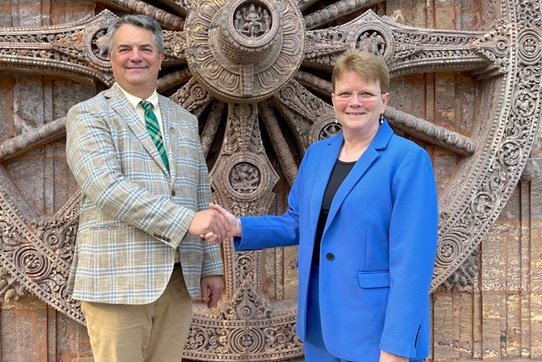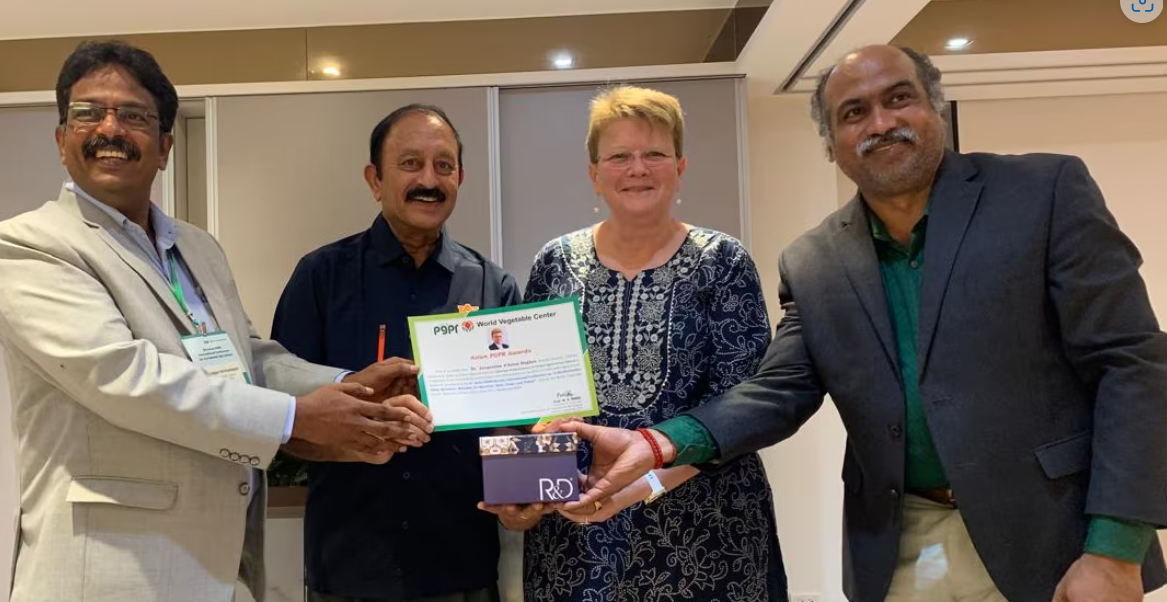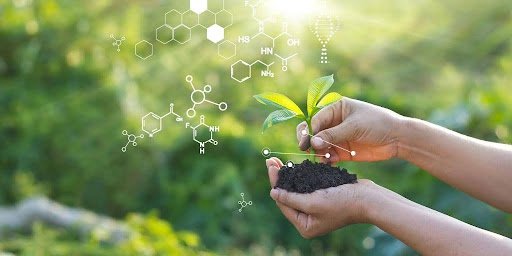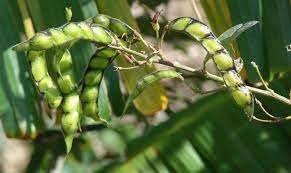ICRISAT announces Dr Stanford Blade as Interim Director General
Dr Blade currently serves as Deputy Director General – Research until the new Director General, Dr Himanshu Pathak, takes up the position next year.
The International Crops Research Institute for the Semi-Arid Tropics (ICRISAT) announces a transition of leadership as Dr Jacqueline Hughes, the outgoing Director General, hands over official duties to Dr Stanford Blade, who will serve as Director General – Interim.
Dr Blade currently serves as Deputy Director General – Research and will guide the institute during this period of transition until the new Director General, Dr Himanshu Pathak, takes up the position next year. Dr Hughes expressed confidence in Dr Blade’s leadership as he assumes the role of Director General – Interim. “I leave ICRISAT in capable hands, knowing that Dr Blade’s deep commitment to our mission and his strategic expertise will ensure continuity as we advance our work in resilient agriculture,” stated Dr Hughes.
As Director General – Interim, Dr Blade is committed to reinforcing ICRISAT’s position as a leader in dryland agricultural research, championing scientific innovation, resilience-building, and partnerships.
“I am honoured to serve as a bridge for ICRISAT during this pivotal time, ensuring we maintain momentum until Dr Pathak joins us next year. Together, we remain dedicated to supporting smallholder farmers and delivering on our promise of a more food-secure and climate-resilient future,” said Dr Blade.
ICRISAT thanks Dr Hughes for her exceptional leadership and welcomes Dr Blade to this vital interim role. The institute looks forward to continuing its mission with renewed commitment and advancing agricultural innovations that benefit dryland communities worldwide.
Dr Blade currently serves as Deputy Director










